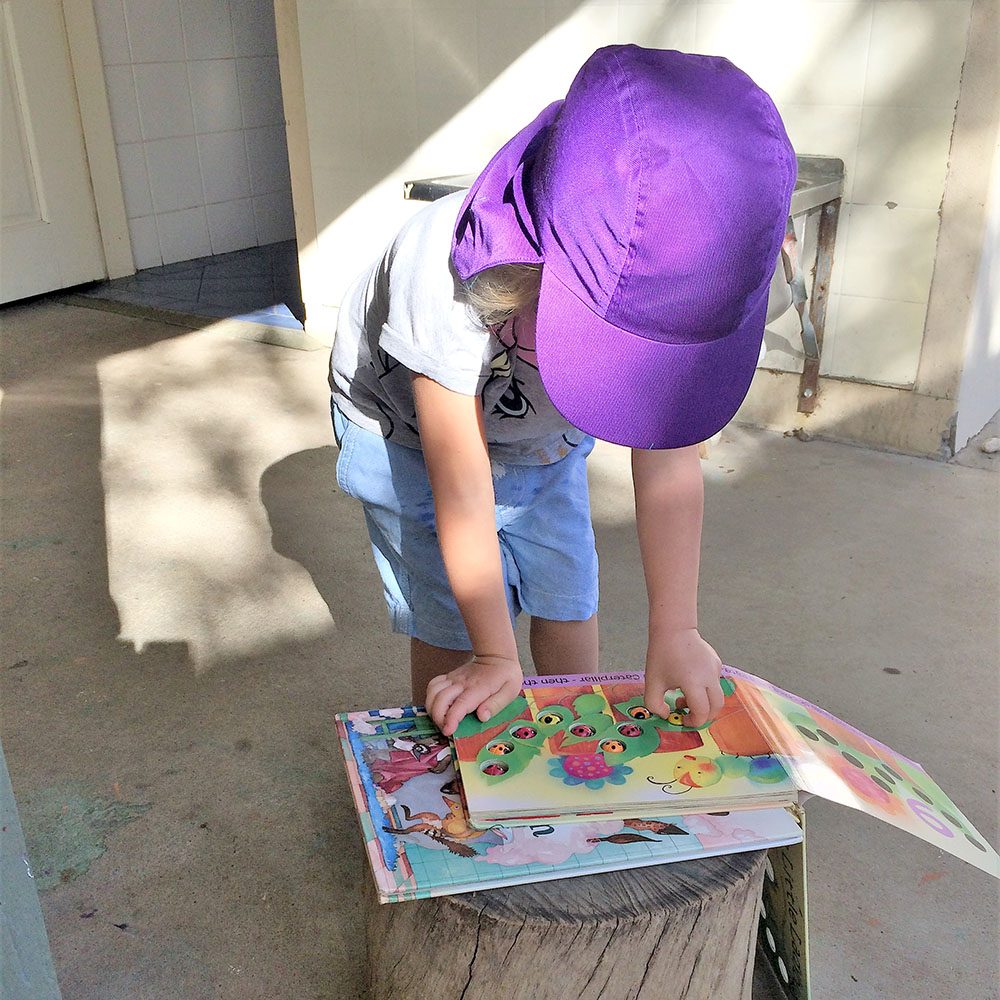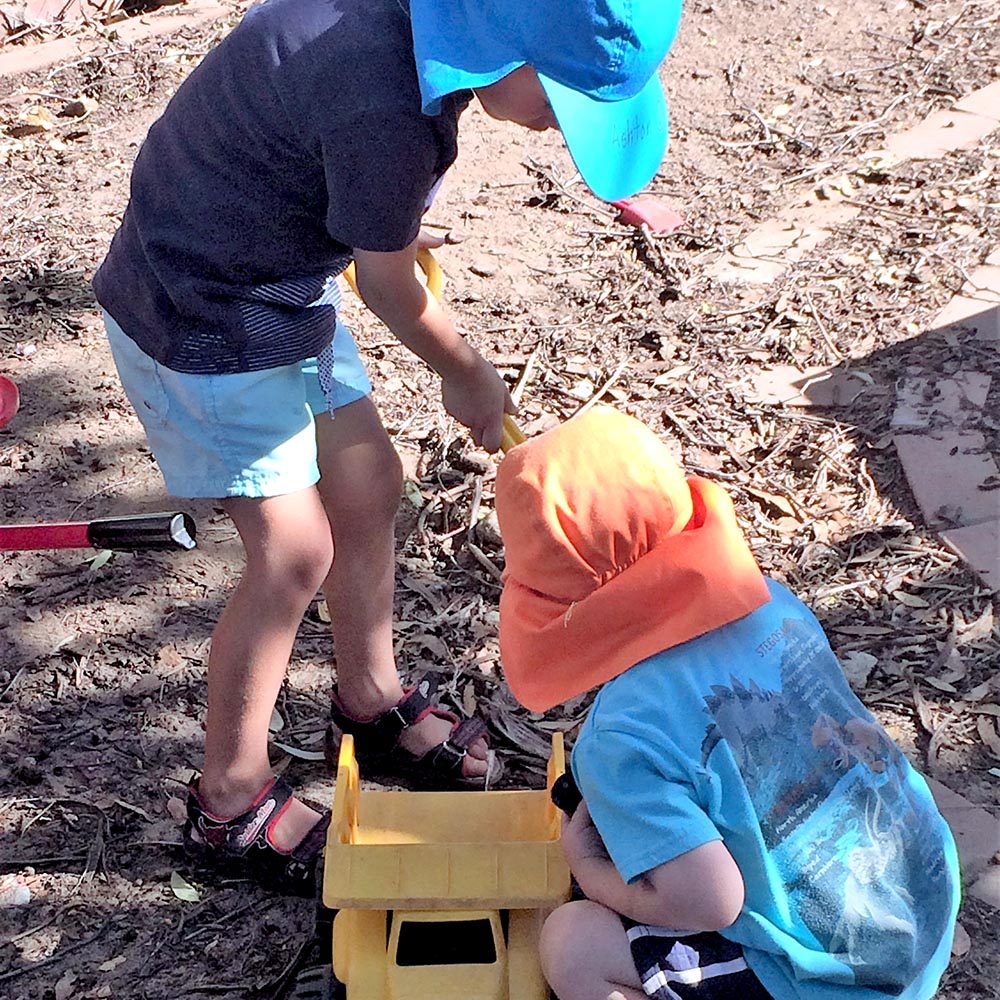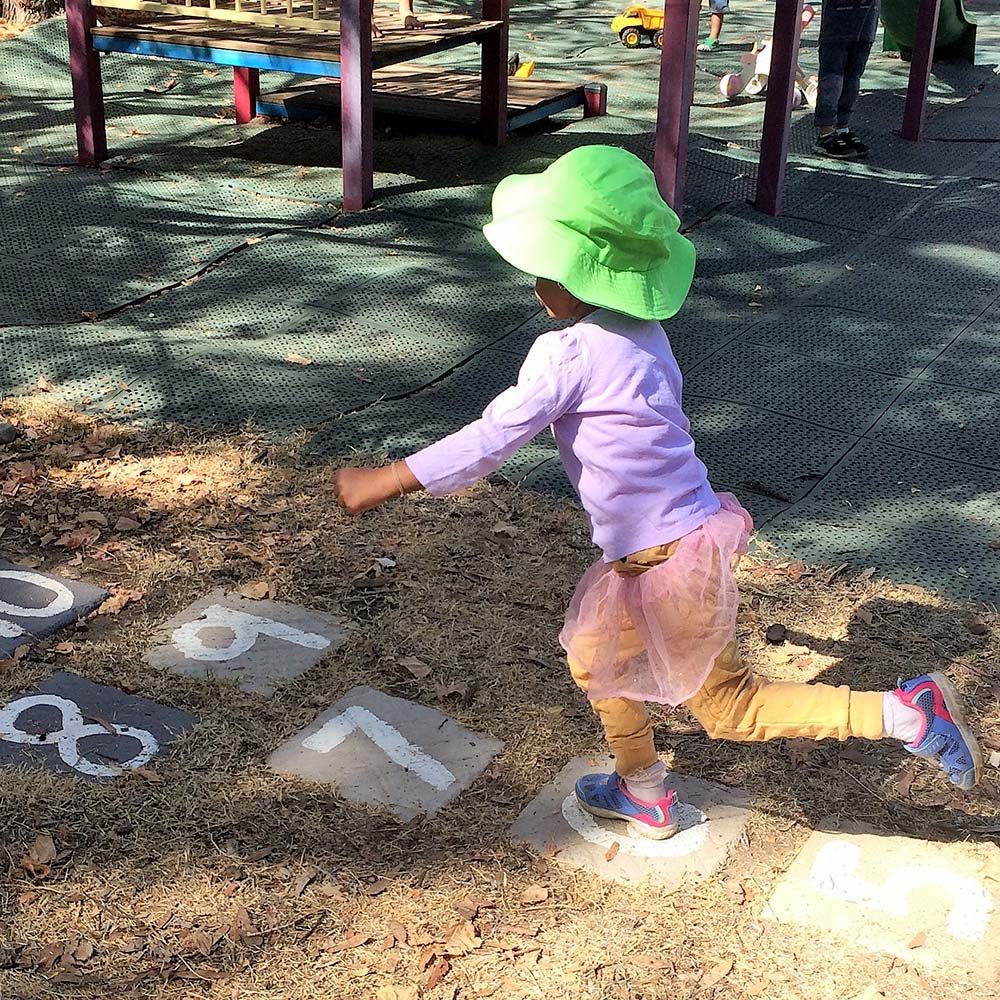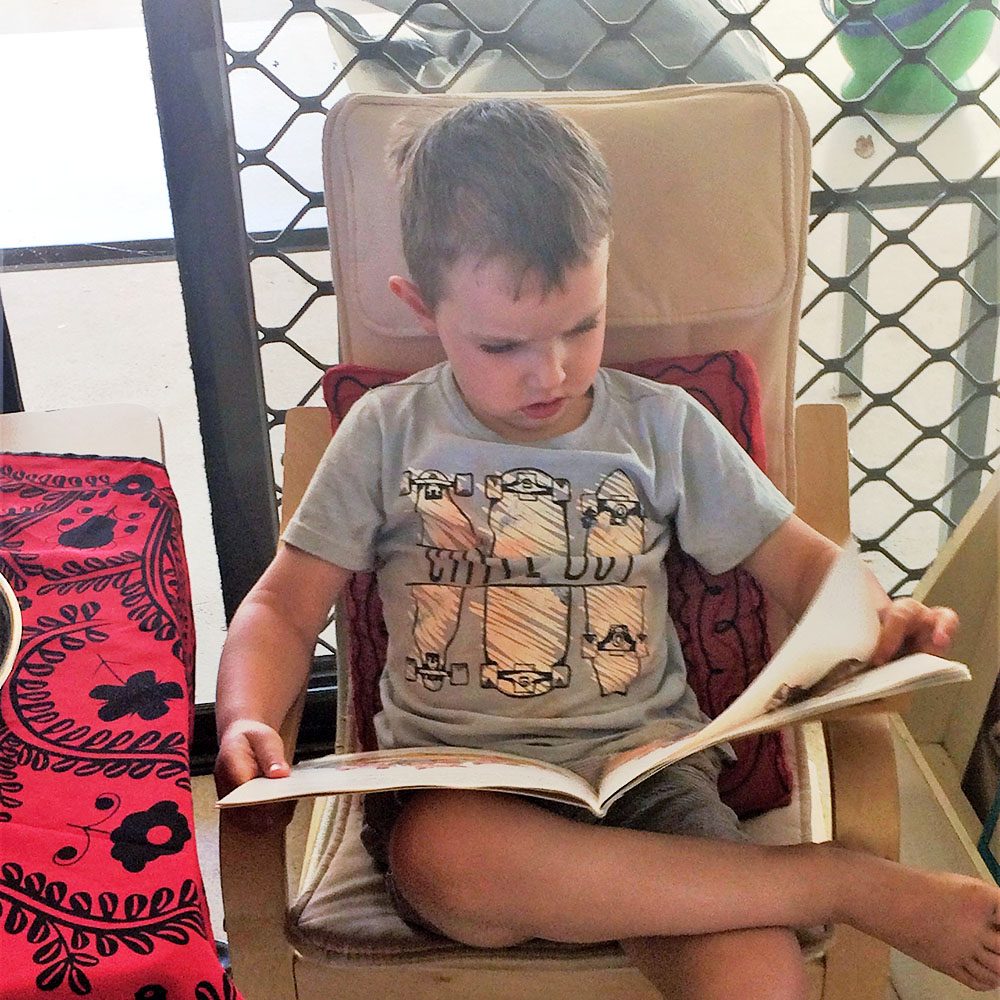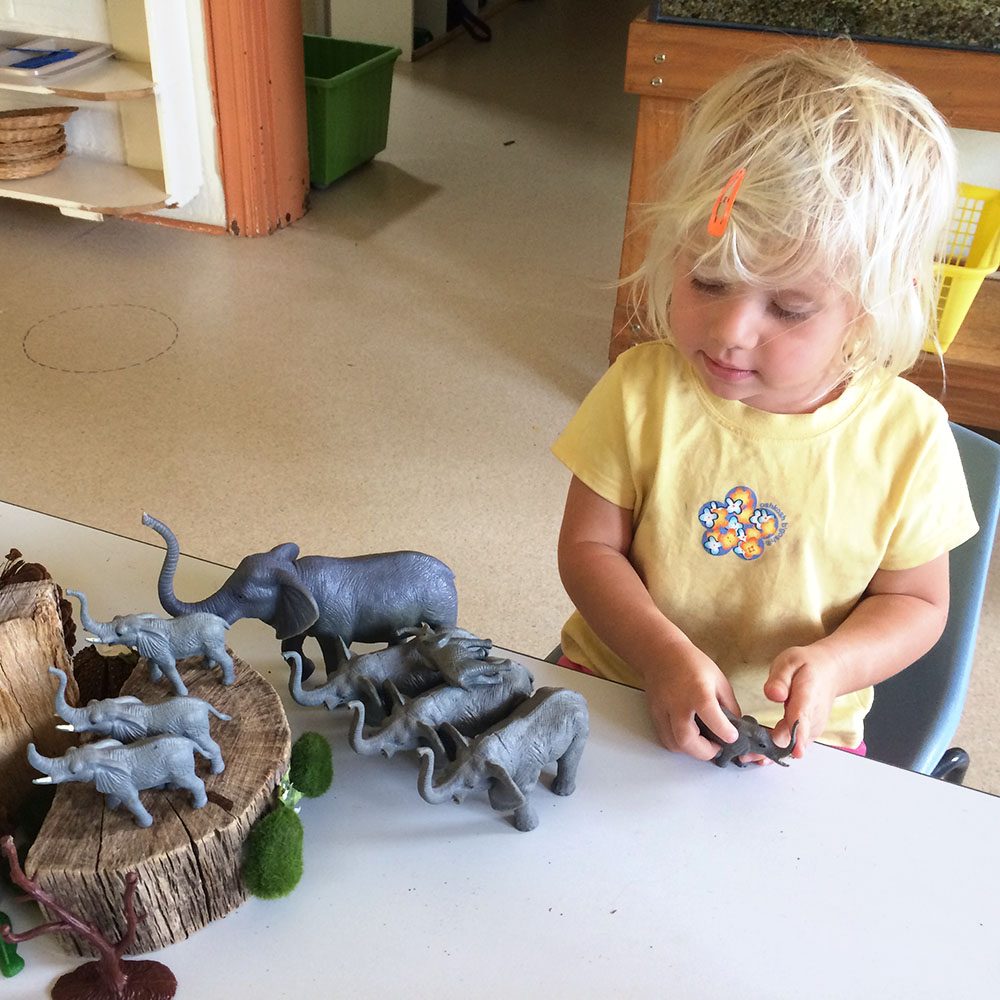Munch And Move
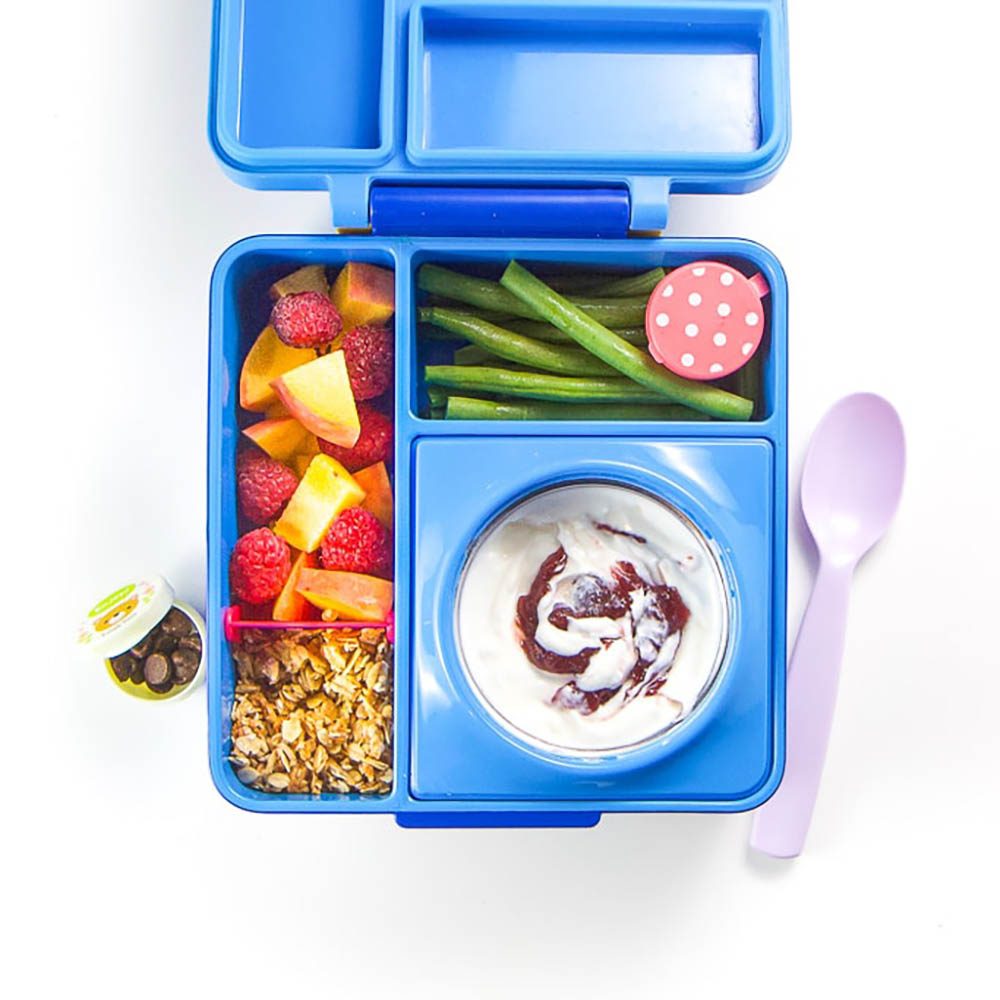
Healthy Lunchboxes - Foods that can be used
For more information and ideas, download the fact sheet (pdf)
Fruit & Vegetables
Fruit and vegetables will provide a good daily source of vitamins, minerals and dietary fibre. All chopped fruit and vegetables can be easily packed into small containers for the lunchbox, making them quick and easy to eat.
Breads & Cereals
Bread, grains and cereal foods provide important nutrients and energy for busy, growing children. Wholegrain or wholemeal varieties are the
best choices.
Meat & other protein foods
Meat and other protein foods provide protein and iron. Limit the use of sausages and processed luncheon/deli meats (eg devon and salami) as they are high in saturated fat and salt.
Dairy Food
Dairy foods, such as milk, yoghurt, custard and cheese are an important source of protein and calcium. Reduced fat milk and dairy foods (approx. 2% fat) are suitable for most children over 2 years of age.
Water
Water is the best thirst quencher and the best choice of drink for every lunchbox. Tap water is safe so you do not need to buy bottled water.
Food and drinks to leave out of the lunchbox
Snack foods and drinks that are high in added sugar, saturated fat or salt are generally low in nutrients. They also provide a lot of kilojoules that can contribute to children becoming overweight or obese. We call these ‘sometimes’ foods and drinks because they should only be consumed sometimes and in small amounts. Sticky, sweet foods can also cause tooth decay.
Sticky or sweet foods:
- lollies, chocolates, jelly cups
- cakes, doughnuts, sweet muffins • plain sweet/cream-filled biscuits • muesli /cereal bar
- fruit bars and fruit straps
Salty, high fat foods:
- potato chips
- corn chips
- cheesy balls, twists
- small oven-baked savoury biscuits • devon and salami
Sweetened drinks:
- cordial and soft drink
- fruit juice
- flavoured mineral water • fruit juice drinks
- sports drinks
Please do not pack these ‘sometimes’ foods and drinks in lunchboxes. Please note water and plain milk are the only drinks for our children.
Note about food allergies: We are a nut aware centre. Please do not include nuts in any form in your child's lunchbox
Our Nutrition and Food Safety Policy
For more information, download the full policy (pdf)
Purpose
Early childhood education and care (ECEC) Services are required by legislation to ensure the provision of healthy foods and drinks that meet the requirements for children according to the Australian Dietary Guidelines. It is essential that our Preschool partners with families to provide education about nutrition and promote healthy eating habits for young children to positively influence their health and wellbeing.
Dietary and healthy eating habits formed in the early years are shown to continue into adulthood and can reduce the risk factors associated with chronic adult conditions such as obesity, type 2 diabetes and cardiovascular disease.
Our Preschool recognises the importance of healthy eating for the growth, development, and well-being of young children and is committed to promoting and supporting healthy food and drink choices for children in our care. This policy affirms our position on the provision of healthy food and drink while children are in our care and the promotion and education of healthy choices for optimum nutrition.
We believe in providing a positive eating environment that reflects dietary requirements, cultural and family values, and promotes lifelong learning for children, as we commit to implementing and embedding the healthy eating key messages outlined in the NSW Health’s Munch & Move program into our curriculum and to support the National Healthy Eating Guidelines for Early Childhood Settings outlined in the Get Up & Grow resources.
Our Preschool is also committed to ensuring consistently high standards of food preparation and food storage and transportation are adhered to.
Implementation
Our Preschool has a responsibility to help children to develop good food practices and approaches, by working with families and educators.
All food prepared by the Preschool or families will endeavour to be consistent with the Australian Dietary Guidelines and provide children with 50% of the recommended dietary intake for all nutrients. Food will be served at various times throughout the day to cater for all children’s nutritional needs.
Mealtimes reflect a relaxed and pleasant environment where educators engage in meaningful conversations with children. This assists in creating a positive and enjoyable eating environment.
Food will be prepared in accordance with the Food Safety Program. All kitchens and food preparation areas will comply with Food Standards Australia and New Zealand (FSANZ). All staff involved in the stages of food handling have the skills and knowledge to ensure food safety is a priority.
Food Hygiene
Food poisoning is caused by bacteria, viruses, or other toxins being present in food and can cause extremely unpleasant symptoms such as
diarrhoea, vomiting, stomach cramps, and fevers. Children under five years of age are considered a high-risk group as their immune systems
are still developing and they produce less of the stomach acid required to kill harmful bacteria than older children or adults
(Foodsafety.gov. 2019).
Our Preschool will strictly adhere to food hygiene standards to prevent the risk of food poisoning.
Cleaning
Our Preschool will:
- ensure that food preparation areas and surfaces are cleaned both before, after, and during any food preparation
- ensure that all cooking and serving utensils are cleaned and sanitised before use
-
ensure that all dishwashing sponges, brushes, and scourers are cleaned after each use and
allowed to air dry or placed in the dishwasher
- ensure the food storage area is clean, ventilated, dry, pest free, and not in direct sunlight
- ensure refrigerators and freezers are cleaned regularly and door seals checked and replaced if not in good repair
-
prevent pest infestations by cleaning spills as quickly as possible and ensuring rubbish and food scraps are disposed of frequently
- ensure that floor mops are thoroughly cleaned and air dried after each use
- replace any cleaning equipment that shows signs of wear or permanent soiling.
Communicating with Families
Our Preschool will:
-
provide a copy of the Nutrition and Food Safety Policy to all families upon orientation at the
Preschool
- provide opportunities for families to contribute to the review and development of the policy
-
request that details of any food allergies or intolerances or specific dietary requirements be
provided to the Preschool and work in partnership with families to develop an appropriate response so that children’s individual dietary needs are met
-
communicate regularly with families about food and nutrition related experiences within the
Preschool and provide up to date information to assist families to provide healthy food choices at home
-
communicate regularly with families and provide information and advice on appropriate food and drink to be included in children’s
lunchboxes. This information may be provided to families in a variety of ways including factsheets, newsletters, during orientation,
information sessions and informal discussion.
-
discuss discretionary choices- (food and beverages which are not necessary as part of a balanced diet) with families and if necessary,
remove items from children’s lunch boxes. Alternative healthy food will be offered to children.

